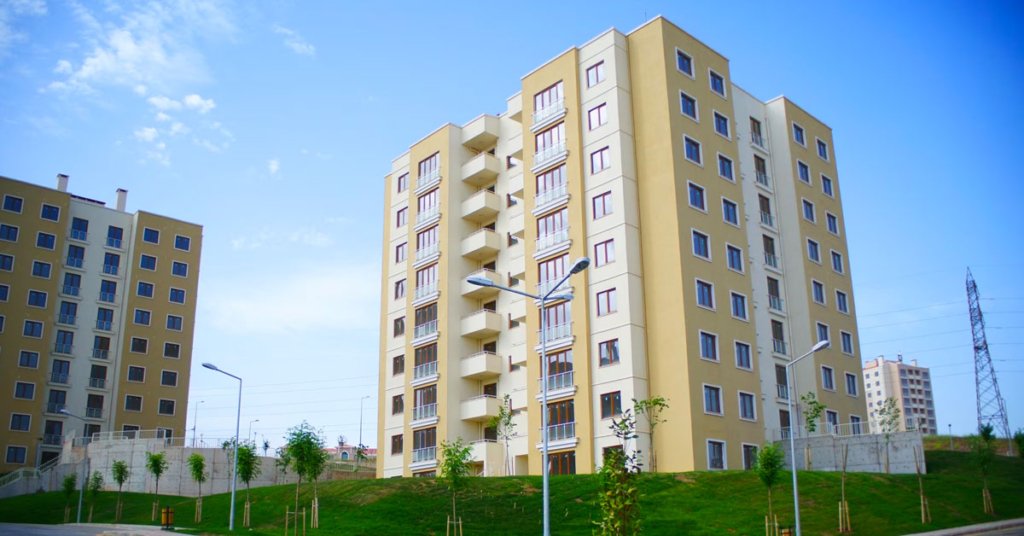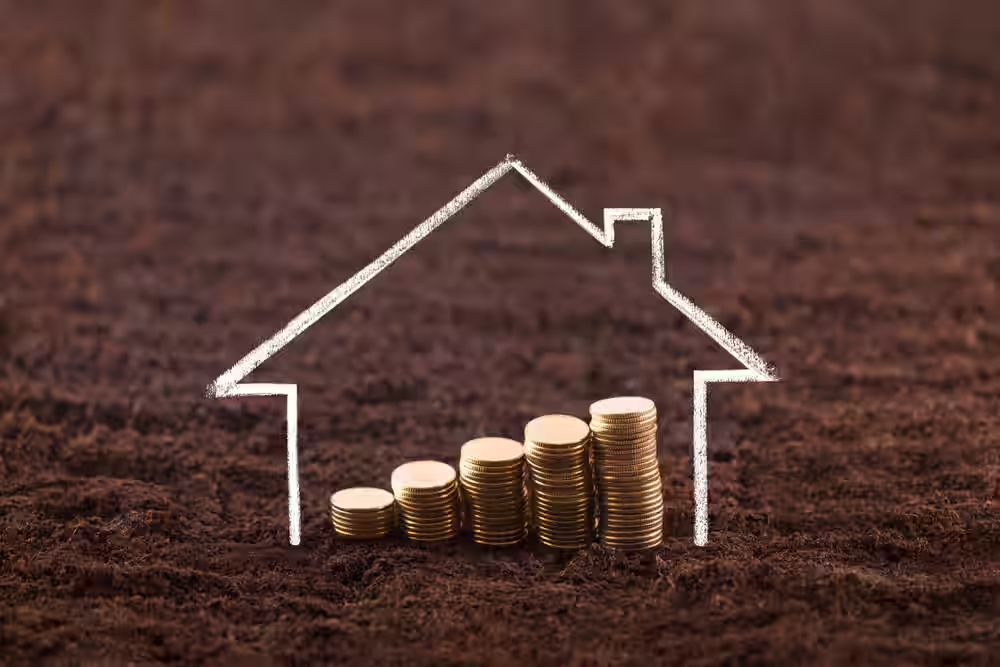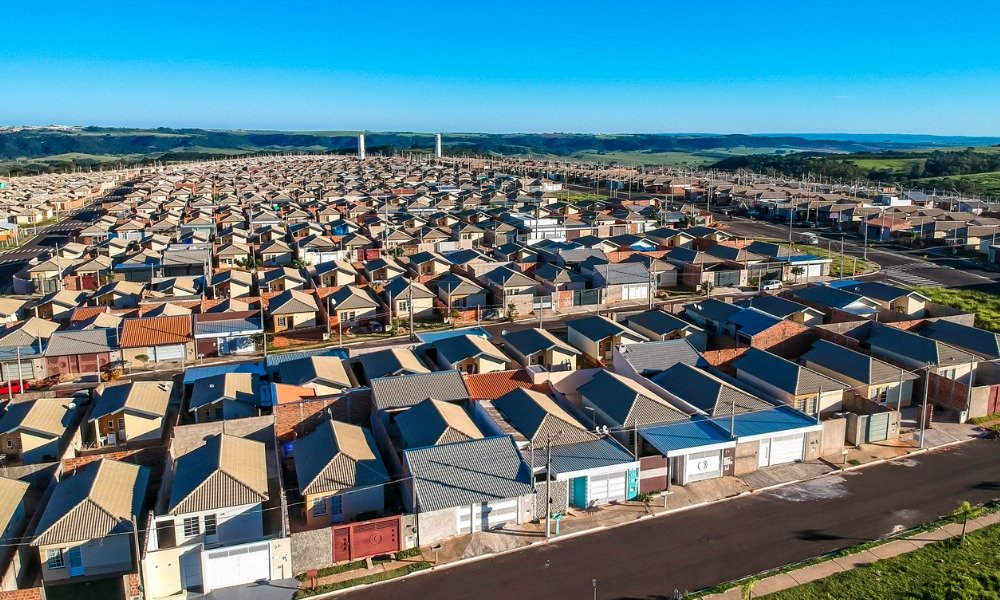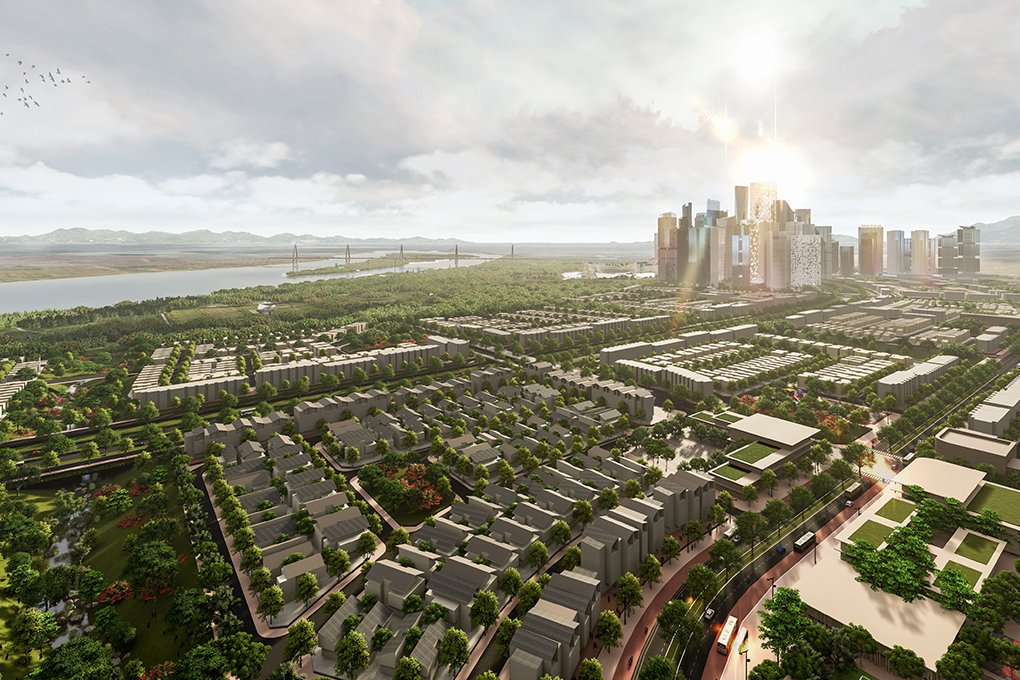Kenya’s real estate market is evolving rapidly, driven by technology, urbanization, and shifting buyer preferences. In 2025, several emerging trends are redefining how property is bought, sold, managed, and developed across the country.
🚀 1. Rise of Proptech Platforms
Technology continues to revolutionize Kenya’s real estate industry, making property transactions faster, more transparent, and accessible to a wider audience.
🔧 Key Developments:
- Digital platforms like Makao Homes , Jengo , and ZokiLand allow users to search, tour, and purchase properties online.
- AI-powered valuation tools help buyers determine fair prices.
- Blockchain-based land registries are being piloted to reduce fraud and speed up title verification.
💡 Impact:
- Buyers can access verified listings remotely.
- Sellers and developers reach a broader audience.
- Increased trust through digital transparency and payment security.
🏘️ 2. Affordable Housing Gains Momentum
Affordable housing remains a national priority, with both government and private developers ramping up efforts to close the housing deficit.
🏗️ Government Initiatives:
- The Affordable Housing Program (AHP) aims to deliver 500,000 homes by 2027.
- Partnerships with financial institutions such as Kenya Mortgage Refinance Company (KMRC) improve access to financing.
💼 Private Sector Involvement:
- Developers like Kasha Properties and ZokiLand offer mid-market housing with flexible payment plans.
- Focus on peri-urban areas like Thika , Ruiru , and Kitengela to keep costs low while maintaining accessibility.
💰 Average Price Range:
- Affordable homes: KES 2 – 6 million
- Payment plans: Monthly installments starting at KES 20,000

🌱 3. Green and Sustainable Development
Sustainability is no longer just a buzzword—it’s becoming a core consideration for developers, buyers, and investors.
🌿 Key Innovations:
- Use of prefabricated materials to reduce construction waste and time.
- Integration of solar energy , rainwater harvesting, and passive cooling systems.
- Eco-friendly master-planned estates like ZokiLand Smart Village emphasize walkability, green spaces, and reduced carbon footprints.
📈 Investor Appeal:
- Growing interest from ESG (Environmental, Social, Governance)-focused investors.
- Higher resale value due to long-term cost savings and modern appeal.
🏞️ 4. Land Banking and Off-Plan Investments
Land continues to be one of the most stable and appreciating asset classes in Kenya, especially in high-growth areas.
📊 Key Insights:
- Prices in peri-urban zones like Kitengela , Kikuyu , and Naivasha are rising due to urban sprawl.
- Investors are buying land off-plan, backed by developer guarantees.
- Foreign investors are increasingly leasing land for long-term appreciation.
💹 Estimated Growth Rate:
- Urban land values increasing by 10–18% annually
- Agricultural land in Rift Valley and Central regions also gaining traction

🏢 5. Commercial Real Estate Recovery
After a post-pandemic slump, commercial real estate is regaining momentum, especially in Nairobi and Mombasa.
🔝 Highlights:
- Demand for flexible workspaces , co-working offices, and hybrid setups grew significantly.
- Retail centers expanded in satellite towns to serve growing populations.
- Industrial parks near the Nairobi Expressway and Mombasa Port attracted logistics and manufacturing firms.
📊 Nairobi Office Vacancy Rate:
- Dropped to 16% in Q1 2025 (from 18% in late 2024), signaling improved demand.

🏙️ 6. Growth of Satellite Towns and Master-Planned Communities
With high property prices and congestion in Nairobi, many buyers are relocating to peripheral towns that offer better affordability and quality of life.
🚗 Popular Growth Areas:
| Town | Key Features |
|---|---|
| Thika | Short commute via Superhighway, industrial growth |
| Ruiru | Affordable housing, proximity to Nairobi |
| Kitengela | Agricultural land turning into residential zones |
| Kikuyu | Historic town seeing modern residential development |
These areas saw increased demand for both land purchases and residential rentals .

🧭 7. Digital Land Registries and Regulatory Reforms
Efforts to digitize land records continued gaining traction in 2025, reducing fraud and speeding up transactions.
🛠️ Key Reforms:
- Expansion of the e-Land Registration System by the National Land Commission.
- Introduction of blockchain pilots for title verification in select counties.
- Streamlined approval processes for subdivision and change of user rights.
These reforms aimed to improve transparency and investor confidence in Kenya’s real estate market.
🤝 8. Professionalization of Real Estate Careers
There’s a growing emphasis on professionalizing real estate careers in 2025.
🎓 Developments:
- Increased enrollment in courses offered by institutions like KIESV (Kenya Institute of Estate Surveyors and Valuers) and RICS (Royal Institution of Chartered Surveyors) .
- Rising number of certified agents and brokers.
- More structured training and mentorship programs launched by agencies and associations like REAK (Real Estate Association of Kenya) .
🧩 9. Mixed-Use and Smart Village Developments
Developers are adopting integrated models that combine living, working, and recreational spaces—especially in peri-urban areas.
📈 Examples:
- ZokiLand Smart Village : Offers solar-powered homes, IoT integration, and community-focused planning.
- Two Rivers Mall & Residential Complex : Combines retail, entertainment, and residential units.
🌟 Benefits:
- Reduced commuting times
- Enhanced lifestyle convenience
- Greater sustainability and resource efficiency
📲 10. Remote Work Driving Demand for Home Offices
The rise of remote and hybrid work has led to increased demand for homes with dedicated office spaces or proximity to co-working hubs.
📊 Market Shift:
- Homes with extra rooms or flexible layouts are more desirable.
- Buyers prioritize internet connectivity and quiet neighborhoods.
- Co-living and co-working communities are gaining popularity in Nairobi suburbs.
❓Frequently Asked Questions (FAQ)
Q1: Is real estate still a good investment in Kenya?
A: Yes, especially in affordable housing, peri-urban land, and commercial properties in growing towns.
Q2: What is proptech?
A: Proptech refers to technology-driven innovations in real estate, such as digital property platforms, blockchain land registration, and AI valuations.
Q3: Are there digital property platforms in Kenya?
A: Yes! Platforms like Makao Homes , Jengo , and ZokiLand offer digital property searches, virtual tours, and online payments.
